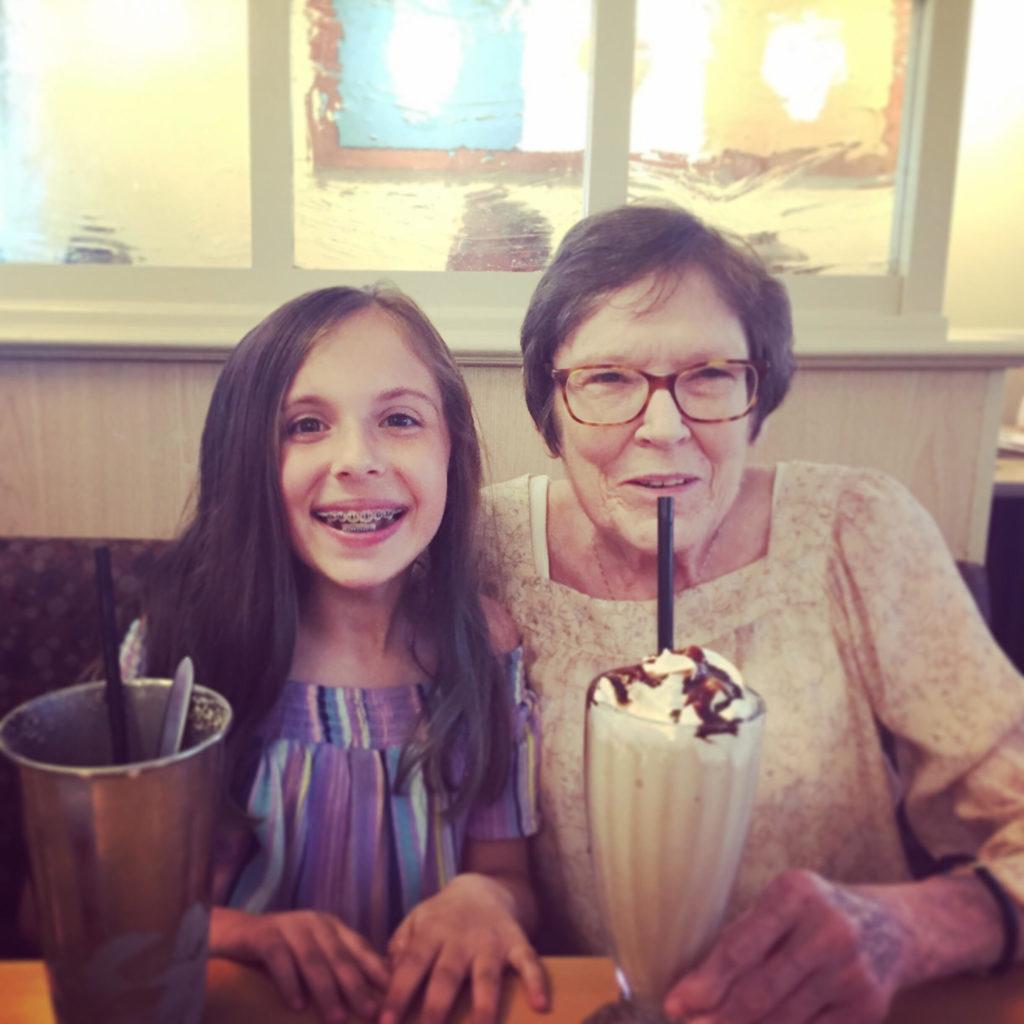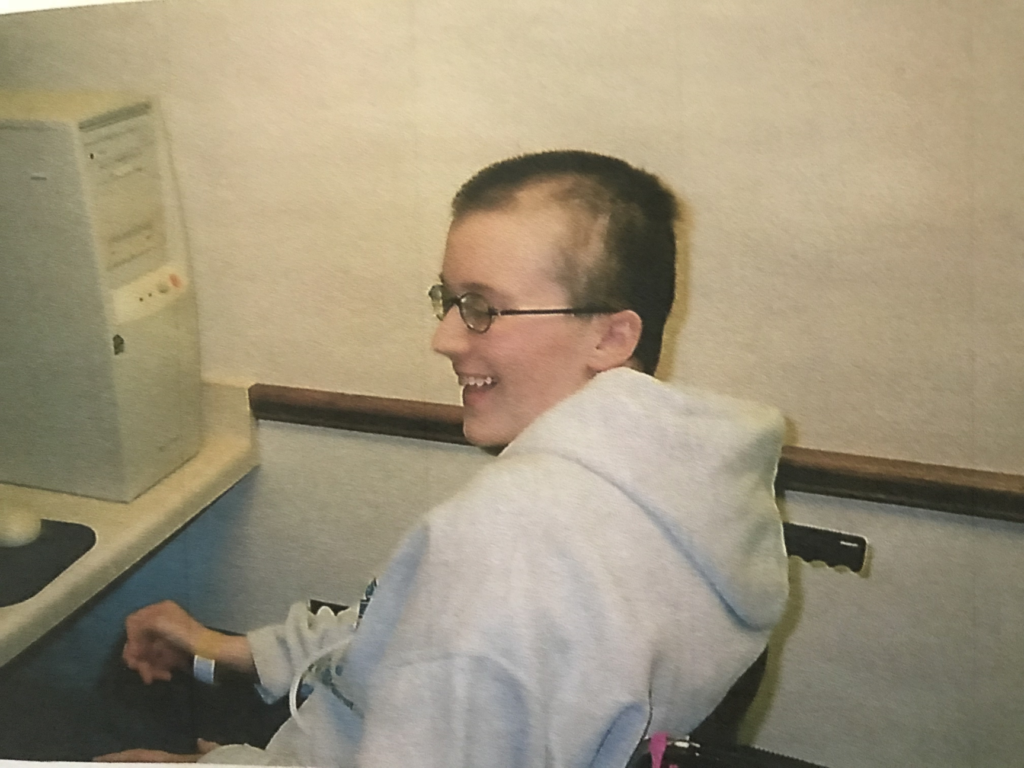Welcome to the Aphasia Threads Project, which usually weaves together three points-of-view: people with aphasia, caregivers, and the professionals who help each family navigate aphasia. Each week, we bring together three unrelated stories, one from each member of this triad, to learn from their experience. Yet this week, all three stories come from people with aphasia.
This week, we’ll hear from Debra, Amy, and Marina, three people with aphasia.

Person with Aphasia
In October of 2006, I went into the hospital to have a routine, but serious, heart surgery. During the surgery, I had a stroke, which resulted in brain damage in Broca’s area of the brain. I have been dealing with the effects of expressive aphasia for the past 12 years.

Aphasia Changes Your Life
Although I did see some limited improvement in my cognitive abilities during the first year of recovery, the severity of my aphasia symptoms has stayed fairly constant since then. I can only speak in short three or four-word sentences. My reading and writing abilities are extremely limited; the elementary level at best. My auditory comprehension was the least affected, so I can still understand what people say to me pretty well (as long as they speak slowly).
After my stroke, I had to relearn how to interact with the world around me. Even now, my activities are limited to grocery stores, restaurants, and general retailers. My daughter accompanies me to most medical appointments as well as taking care of any phone calls that need to be made. But I still consider myself a survivor by finding ways to work around my impairment to still be able to enjoy the life I have now.
But There Are Things That Help
I use my iPhone a lot to place orders for food or merchandise. This relieves a lot of the anxiety I experience when I have to go to public places.
And Things You Learn Along the Way
Life does get better! Adapt and overcome!
What Caregivers and Professionals Can Learn From Me
I have had wonderful experiences with therapists over the years.

Person with Aphasia
My family was in a serious car accident last June, and my carotid artery was dissected leading to a stroke. Now, I am a person with aphasia.

Aphasia Changes Your Life
I was deemed disabled from working because of my aphasia. I worked in the field of social work for 27 years, requiring strong communication skills. My life was turned upside down. I am still reeling from it…
But There Are Things That Help
The treadmill––running helps me to get away from all of it.
And Things You Learn Along the Way
Concentrate on what you can do, not what you lost. Focus on recovery.
What Caregivers and Professionals Can Learn From Me
Aphasia––I cannot take time away from it; it’s always there. Have compassion and be patient. I am bilingual–– English and Spanish.

Person with Aphasia
I was in an auto accident several years ago which resulted in a traumatic brain injury and aphasia.

Aphasia Changes Your Life
My aphasia impacts my life every day. Some days are better than others, and I am more “with it” when I have had a good night’s sleep and/or a nap. If I am in places like restaurants, it can be difficult for my brain to block out and filter the background noises.
It has a negative impact on my relationships, as I have to ask to have things repeated a lot, and then people think that I am not listening or paying attention. I may try to go back and repeat what I have said, but sometimes I lose that memory.
But There Are Things That Help
By far, the biggest tool for me is music. I can identify the words of songs if I listen to them a few times, and then they are glued into my brain!
And Things You Learn Along the Way
Please don’t be too hard or judgmental on yourself. If it comes back to you, great. If it doesn’t, then simply move on. The more conversations you can have with others, the better. Then you will have practice that will eventually lead to confidence!
What Caregivers and Professionals Can Learn From Me
Aphasia is a tough blow to our egos and sense of self-worth. Please know that I am listening and doing my very best to give you the feedback and responses you deserve. Even though we have aphasia, we are all still human beings and just want all of you to know this!

Want to Be Featured in a Future Article?
Aphasia Threads is an on-going project created by the National Aphasia Association. If you’d like to be featured, don’t leave a comment.
Instead, please read the opening post for more information or fill out our form and we’ll contact you.



